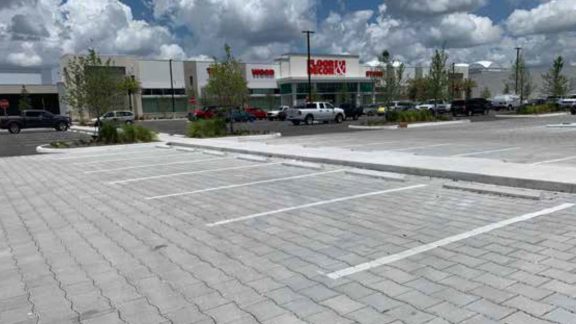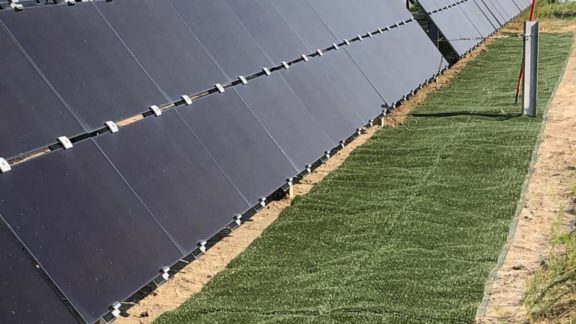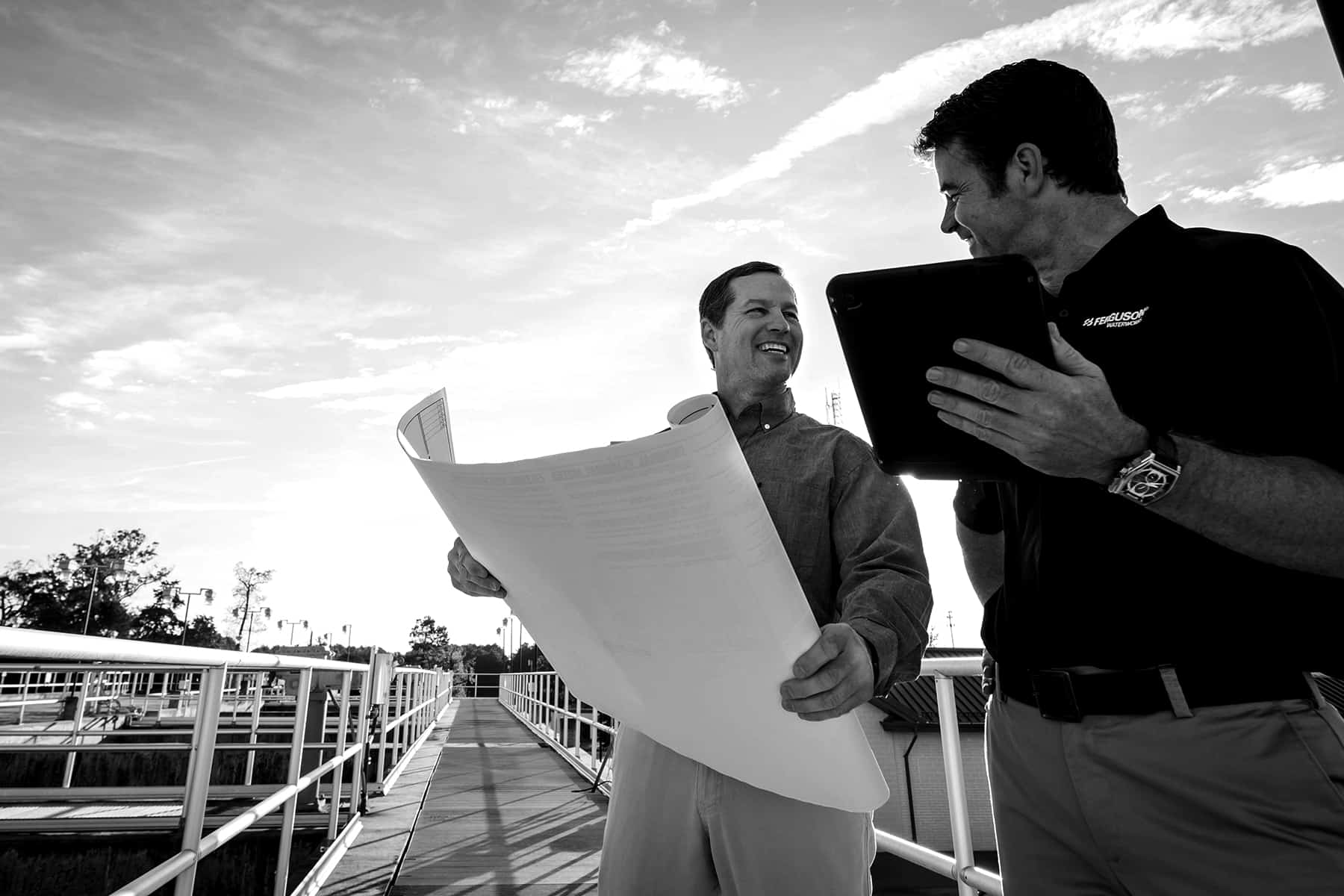A New Innovation Center For Harvard University Needs Help Meeting Stormwater Management Regulations
Harvard University turns to Ferguson Waterworks to assist in transforming an industrial rail yard into a green, pedestrian-friendly innovation center. What stormwater systems did we recommend to accommodate the space-limitations and high-runoff potential?

Download Case Study




Project Overview
Harvard University is developing a new center for innovation, collaboration, and entrepreneurship within the city of Boston, MA. It is in the region known as the Enterprise Research Campus. The project will transform an industrial rail yard into a green, pedestrian-friendly area in Allston for both business and research. The mixed-use property will include laboratories, offices, a hotel, a conference center, as well as residential buildings.
Challenge
One setback the team faced from the new civil engineering plan was the amount of impervious areas. As a result, it required the integration of stormwater features in order to improve water quality and control runoff discharges, both during and after construction. Various site constraints led to the need for complex and innovative stormwater management design. The primary constraint was the lack of available space for stormwater features amongst the infrastructure for other necessary utilities such as the roadway, telecom, electrical, drinking water, and wastewater.
How did Ferguson Waterworks help meet stormwater management requirements within a small footprint?
Our product experts devised a strategic approach to address the unique, space-limited stormwater requirements. Using a combination of highly tested and adaptable systems, we met all stormwater runoff and treatment regulations.
- R-Tank stormwater modules
- FocalPoint biofiltration system
- Rain Guardian Fortress and Foxhole pretreatment structures
- Fabco Stormsack Beehive Filters
- Fabco StormBasin BMP cartridge-based catch basin insert filter
After thoroughly reviewing the site’s constraints, confirming local stormwater regulations, and using the free online R-Tank storage capacity calculator to determine capacities we determined R-Tank Stormwater Storage Modules were the perfect system for this application. Not only does its modular and compact footprint enable the stormwater system to fit into the required space, but also it is the most cost-effective alternative in comparison to traditional water containment systems. In addition, because R-Tanks offer efficient installation, the contractor saved time and budget.
In order to further incorporate green stormwater infrastructure (GSI) with vegetation, we recommended FocalPoint biofilters. Not only do they provide proven water quality benefits, but they also are aesthetically pleasing and low-maintenance.
Lastly, the Rain Guardian pretreatment structures were selected due to their space efficiency, reliable energy dissipation, and trash, debris, and sediment removal. Rain Guardian structures serve to protect the FocalPoint biofilter. As a result, they last longer and function at a higher level with longer maintenance intervals. Furthermore, the Rain Guardians create advantages for property owners during operation and maintenance, by providing a return on their investment within two maintenance visits.
Why Ferguson Waterworks
The engineer has a history of working with Ferguson Waterworks. They trust our expertise in selecting high-performance stormwater management products that fit tight spaces and other unique site constraints. The Ferguson Waterworks team worked closely through the design phase, providing engineering assistance. Then, our partnership continued with jobsite support to ensure the complex design came to fruition.
View Similiar Case Studies
In order to revitalize and meet stormwater codes, the abandoned parking area at the Shoppes at Fashion Square in Orlando, FL, required updates. With a permeable paving system and machine technology, we helped the client achieve their goals, save $1 million, and complete the project in just 10 days.
With solar panels in place and operational, an immediate and effective erosion control solution was imperative. Especially considering the panels were positioned next to channels, drip lines, and spillways.
After failed attempts to stabilize the earth at the Mt. Jackson Solar Farm, they required an immediate, cost-effective erosion control solution. Ferguson Waterworks was brought on board to address their ongoing concerns.



